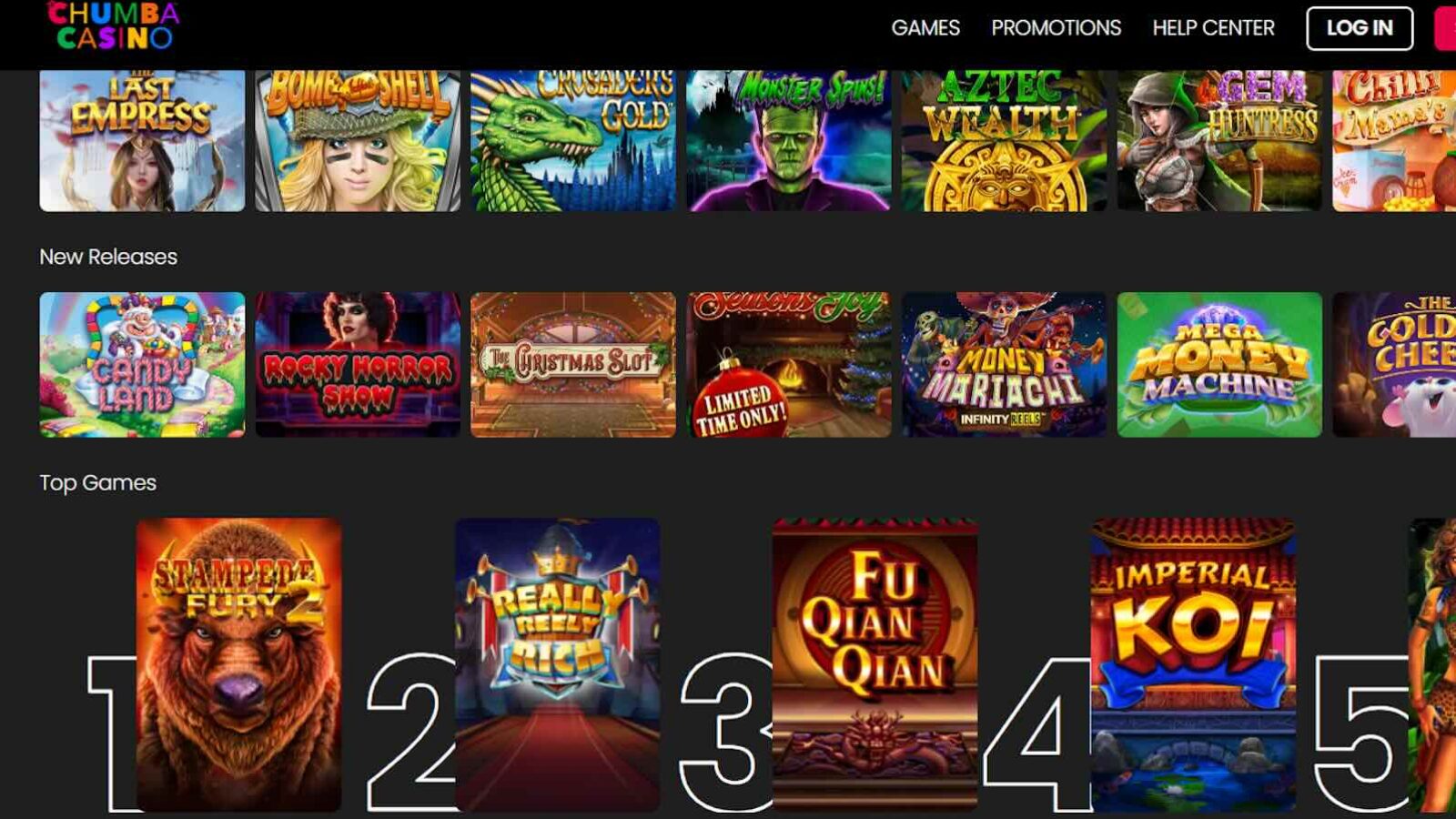Georgia Court Rejects Lawsuit Against Sweepstakes Casino Operator VGW
VGW successfully argued that the court has no jurisdiction to try the case
2 min

The U.S. District Court for the Northern District of Georgia has dismissed a lawsuit filed against VGW Holdings Limited and its subsidiaries, a group operating sweepstakes casinos, for lack of jurisdiction.
The suit, brought by Fair Gaming Advocates Georgia Inc., sought to recover gambling losses of Georgia residents over the past four years. It claimed that Australia-based VGW’s operations violated state laws prohibiting gambling.
However, the court found that VGW’s contacts with Georgia were insufficient to establish jurisdiction, in agreement with the company’s request for dismissal. This dealt a final blow to the plaintiff’s efforts.
The court agreed with VGW’s argument that it had no physical presence in Georgia, apart from two remote, non-executive employees living in the state. Despite VGW’s websites being accessible to Georgia residents, the court ruled this did not amount to the company “transacting business” in the state under Georgia’s long-arm statute.
The court also rejected claims that VGW specifically targeted Georgia users, as there was no evidence of direct advertising or solicitation within the state.
VGW operates popular online gaming platforms such as LuckyLand Slots and Chumba Casino, which use virtual currencies to allow users to participate in casino-style games. These platforms are active in the U.S. as social casinos that uses sweepstakes promotions, which VGW contends is complaint with federal laws and many state regulations.
However, VGW’s business model has drawn legal scrutiny in several states. In recent years, lawsuits in jurisdictions such as California and Kentucky have alleged that VGW’s games constitute illegal gambling under state statutes, reflecting a growing debate about the legality of the model, amid tensions between the cohort of operators in the social casino space, as well as those in the regulated online casino market.
One lawsuit down, several more to go
Despite the dismissal in Georgia, VGW’s legal battles are far from over. In states where similar suits remain active, like New York and Connecticut, plaintiffs argue that VGW’s operations blur the line between lawful sweepstakes and prohibited gambling activities.
These lawsuits often focus on the structure of the games, in which users purchase virtual currency to play, with the chance to win cash prizes—a setup critics say mimics traditional casino gambling. VGW maintains that its games comply with applicable laws, emphasizing that users can and do participate without monetary purchases through promotional free play options.
The court’s decision in Georgia may set a precedent for similar challenges in other jurisdictions, particularly where jurisdictional arguments hinge on a company’s digital presence rather than physical operations. For now, however, VGW can consider this ruling a victory, as the court’s finding shields the company from further proceedings in Georgia.
With rising legal scrutiny and growing concerns about online gambling accessibility, VGW will likely face continued challenges as regulators and courts try to determine into which category, if any, sweepstakes casinos should fall.
SPGA helping shape the sweeps market
The Social and Promotional Gaming Association (SPGA), an organization aiming to educate stakeholders and promote responsible practices for sweepstakes casino operators, is trying to help answer that question. It announced late last week a new Code of Conduct for its operator members.
Key principles of the Code of Conduct include the use of regulation-level technologies, suppliers, and policies to ensure player safety. These measures include age verification to restrict real-money participation to individuals 18 and older, identity verification through Know Your Customer (KYC) processes, location verification to confirm customer jurisdiction, and anti-money laundering (AML) policies to ensure thorough transaction monitoring.
The VGW is not a member of the organization; however, by helping legislators and regulators potentially establish a framework for sweepstakes casinos, VGW could benefit.





